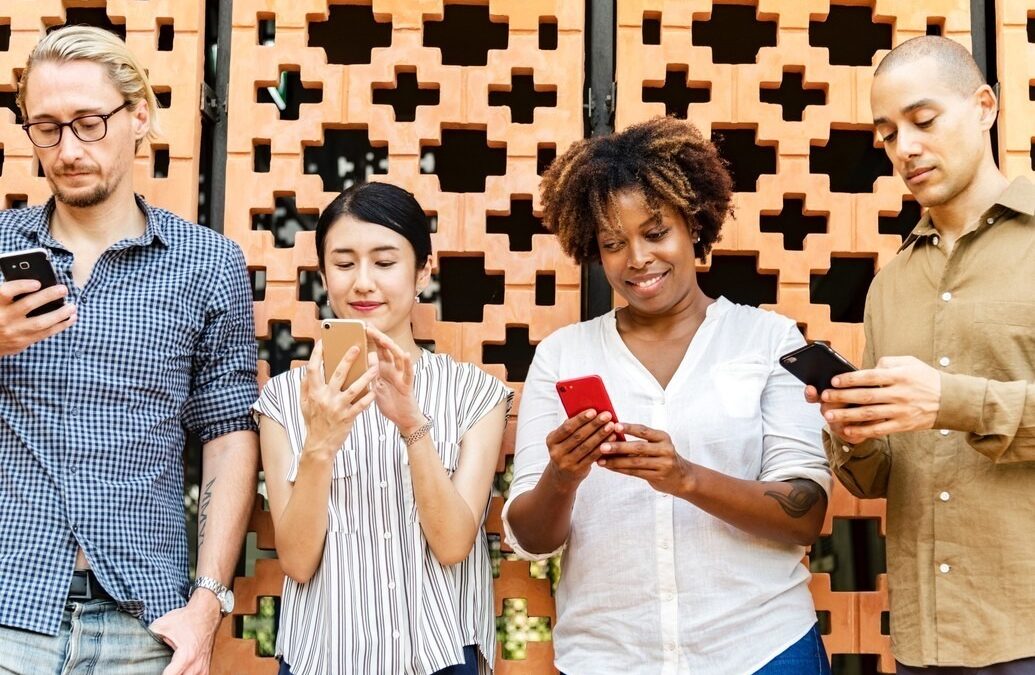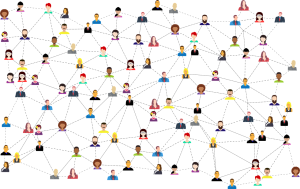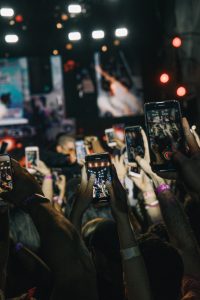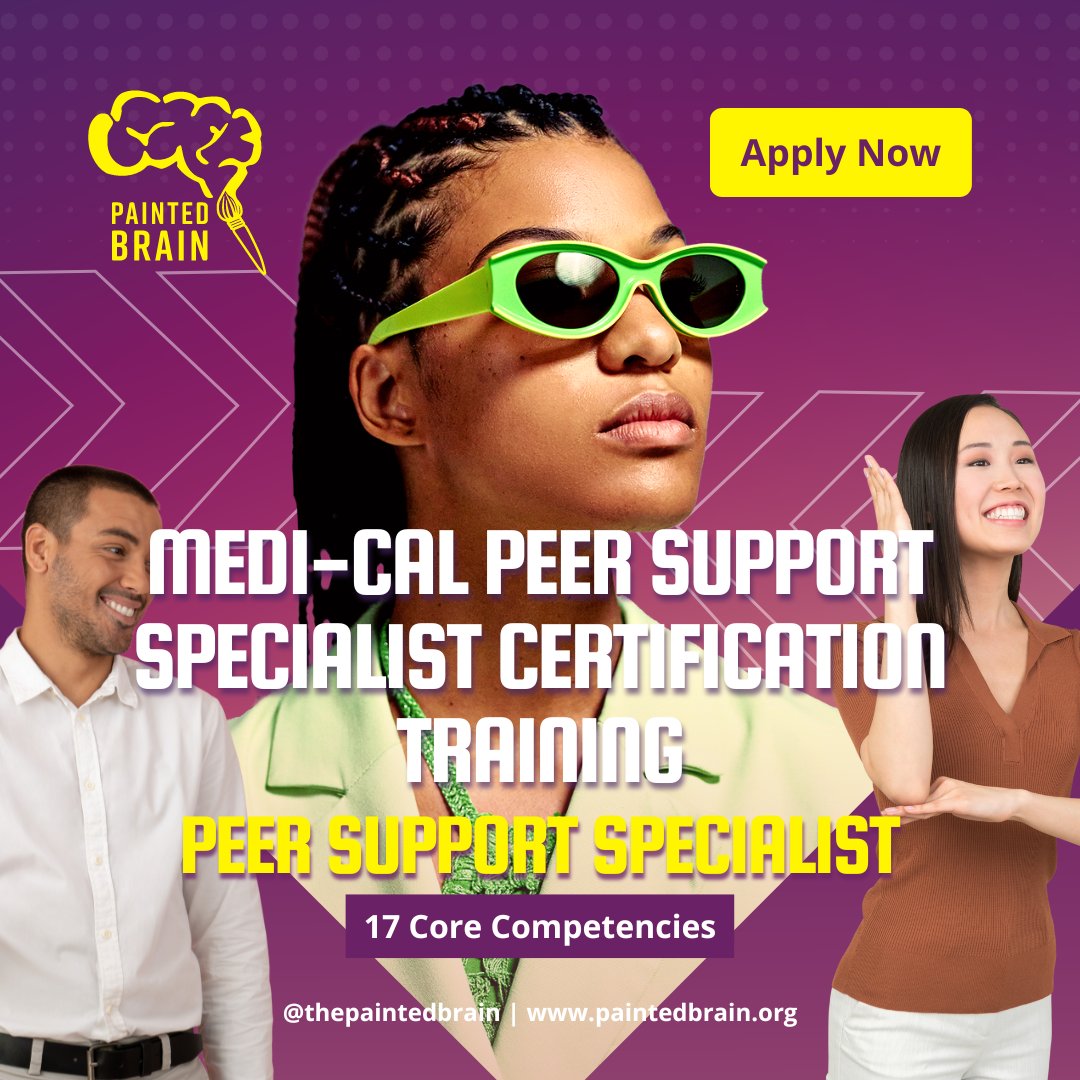Facebook can affect your mood. So can Instagram. It can provoke elation or depression. Exposure to online spaces like TikTok, Instagram, and Facebook feeds is called “emotionally contagious” and can affect your mental health. Now there’s research data to back it up.
Much research has been devoted to studying the downside of social media. Many of these studies are, in fact, legitimate. For example, addiction to social media is an epidemic among our nation’s teens.
Yet nearly half of the sources reviewed also suggested possible benefits.
What the negative findings seem to overlook are the many positive effects social media has on its users.
“Concerns about the negative impacts of social media have dominated public debate. However, recent studies show there are clear health benefits to being online and connected.”
– Joanna Egan, Women’s Health
Here are several frequently-overlooked positive effects that social media can have on mental health:
Actively interacting with people — especially sharing messages, posts, and comments with close friends and reminiscing about past interactions — is linked to improvements in well-being.
TikTok is fast becoming an online resource for mental health
According to Forbes in a Dec 2021 article, TikTok has surpassed Google as the most visited site in the world,
“more accessed than Google and its suite of services, including Google Maps and Gmail.”
A search with the hashtag #MentalHealth on the TikTok app showed more than 16.4 billion views.
TikTok Surpasses Google, Facebook As World’s Most Popular Web Domain
TikTok has new mental health resources for its users.
This is barely scratching the surface where the intersection of digital technology and mental health are concerned.
Following are seven concrete ways in which you can make time spent on social media a valuable mental health resource.
Relieve social isolation and loneliness by opening up new communication pathways
The COVID-19 pandemic has unleashed its share of additional mental health challenges, not the least of which is social isolation, which itself is related to a host of health problems – both physical and mental. That is the downside of social distancing. Although the pandemic is over (for now at least) the aftereffects remain. Our collective mental health has taken a hit.
According to Mesfin Bekalu, who conducted a study at the Harvard School of Public Health:
“Routine social media use may compensate for diminishing face-to-face social interactions in people’s busy lives. Social media may provide individuals with a platform that overcomes barriers of distance and time, allowing them to connect and reconnect with others and thereby expand and strengthen their in-person networks and interactions.”
The anonymity afforded by social media offers a safe space for people to express themselves and reveal their personal experiences with mental illness. In other words, it allows self-expression without the danger of stigma.
“It forms connections in a different way, watching strangers talking openly about their lives. Indeed, that openness and authenticity has become one of the key hallmarks of social media in the Covid-19 era.
According to NCBI,
“Self-disclosure can be an important therapeutic ingredient and is linked to improved physical and psychological well-being (in which) Individuals may choose to withhold their actual identities allowing themselves to engage in more candid self-disclosure than is possible in offline settings.”
5 Ways to Use Social Media for Connection During Times of Social Distancing
Inspire healthy lifestyle changes
We’re kidding, right? Actually no.
Social media can be used as a motivational tool to achieve healthy lifestyle goals such as quitting smoking or attending the gym on a regular basis.
Announcing a goal via social media and regularly posting about it promotes accountability to others, creating positive reinforcement from friends and stimulating an online “social support system” which may lead the aspirant to form or join other communities dedicated to similar pursuits. This is a classic case of “positive emotional contagion.”
Research has shown that sharing a goal publicly not only promotes accountability but helps one stay focused, and dramatically increases one’s chance of success, whether it be weight loss or sobriety for recovering people with addiction (such as alcohol, heroin, pain-killers, etc.).
- How a Facebook Group Helped Me in the Midst of My Depression
- Instagram Accounts That Reduce Stigma
- 10 Instagram Accounts to Follow if you Suffer from Depression
TikTok has become a platform for thousands of healthcare professionals, including psychiatrists, therapists, and mental health advocates. They use the app’s widespread reach to talk to audiences about everything from depression to ADHD.
Aid medical research for mental health professionals
Social media can benefit therapists and psychiatrists by extending their reach. Mental health professionals are increasingly using social networking tools such as Facebook, Tumblr, and Pinterest to collect data that can be used in research, and to connect with other professionals in the online community.
- The Digital Health Revolution and Its Impact on Mental Health
- How Virtual Assistants Are Helping Healthcare Industry Deal with the Challenges of the New Normal |
- An AI Used Facebook Data to Predict Mental Illness
- AI helps diagnose depression three months earlier than health services by analyzing Facebook posts
- When And Why Your Behavioral Health Agency Could Really Use Social Media
Furthermore, social media can be geared towards maximizing the reach of county-level or regional behavioral health initiatives to eliminate the stigma and discrimination associated with mental health challenges and prevent death by suicide.
Make social support and interventions possible
Twenty-four-hour suicide prevention hotlines aren’t the only sources of intervention.
An increasing number of websites are now offering support through social media channels. These sites often provide anonymous forums for people to connect and share personal experiences.
Facebook Groups
Facebook offers a wealth of support groups for people living with depression, anxiety, and loneliness.
- How a Facebook Group Helped Me in My Battle … – The Mighty
- Top 10 Online Groups for Depression and Anxiety as Well as Anonymous Chat Options
- 10 Facebook Groups For Grief and Loss Support
Build community by Joining Local Meetups
Did you know that Meetup.com is a social media channel? Although one of the most popular and widely used, Meetup isn’t the only place to connect with local organizations, groups, and clubs, or to network with people having similar interests. Twitter has a feature called Tweetups, which are face-to-face meetups that are organized online involving people with similar interests. These may range from people who share a love of playing bridge to groups of recovering people living with addiction. New relationships resulting from tweetups are ubiquitous nowadays, and we have Twitter to thank for that.
Facebook events are another example of how social media can build new connections.
Strengthen existing relationships
Social media can also help manage relationships, especially with those who live far away from each other, thus breaking down geographical barriers. It can also be helpful at maintaining relationships for those with disabilities, such as older people and people with physical handicaps which limit their mobility and prevent travel outside the home.
Far from increasing isolation, social media can provide alternative means of finding support, even helping to lift depression, and as Meetups have shown, provide a healthy excuse to go outside rather than stay cooped up indoors or hunched over a computer.
Provide teens with opportunities to develop technical and other skills needed to function in society.
Young People Hit Hardest By Loneliness And Depression During Covid-19
A common dilemma among people with mental illness (including depression) is the reluctance to talk to people closest to them about their problems. More and more young people are turning to the internet for health advice, including topics such as contraception, acne treatments, etc.
Far from being a singularly destructive force in their development, social media can in fact do quite the opposite. Many teens will post online what they are reluctant to share with their parents. For troubled youth, this makes early intervention by concerned friends and peers more possible.
For others, it provides a rich opportunity to experiment with different modes of creative self-expression, which is in itself therapeutic. While it is impossible to deny the dangers of social media, parents may choose to focus on the positive uses of online media in order to promote better online habits in their children.
The ultimate takeaway:
Make Social Media Work For (Rather Than Against) Your Mental Health
Social media isn’t harmful or beneficial in itself, but its manner of use is the determining factor.
Back to the Harvard study,
“The findings suggest that as long as we are mindful users, routine use may not in itself be a problem. Indeed, it could be beneficial.”
Kevin Naruse is the Communications Director at Painted Brain and the chief editor of Painted Brain News.
Peer Support Specialist Certification Training Available!
Since 2009, Painted Brain has been advocating for peer-driven services using the recovery model, and in September 2020 Senate Bill 803 was finally passed.
SB 803 recognizes the value of peer support.
Now, peer support services are Medi-Cal billable!
Painted Brain applied to become an approved training vendor for Medi-Cal Peer Support Specialist Certification in the state of California, and we’re pleased to announce that we are now an approved vendor!
For more information on how to get training, please sign up for our waitlist here.
Related Articles
Negative
- Social Media & Mental Health
- 6 Ways Social Media Affects Our Mental Health
- Facebook Causes Depression New Study Says
- Is Social Media Dependence A Mental Health Issue?
- Why Social Networking Is Bad for Your Mental Health
- 7 Ways Facebook Is Bad for Your Mental Health
Neutral
- Social media: how does it affect our mental health and well-being?
- PROS AND CONS OF USING SOCIAL MEDIA IN 2021
Positive
- Benefits of internet and social media
- Mental Health Therapy Through Social Networking Could Soon Be a Reality
- #timetotalk: Is social media helping people talk about mental health?
- Is social networking good for your mental health
- National Year of Digital Inclusion to enhance nation’s digital skills
- Benefits of Social Media in Mental Health Practices (Part 2)





I am extremely inspired along with your writing talents as well as with the layout
in your weblog. Is that this a paid subject matter or did you
customize it yourself? Either way keep up the nice quality writing, it’s uncommon to see a great blog like this one nowadays..